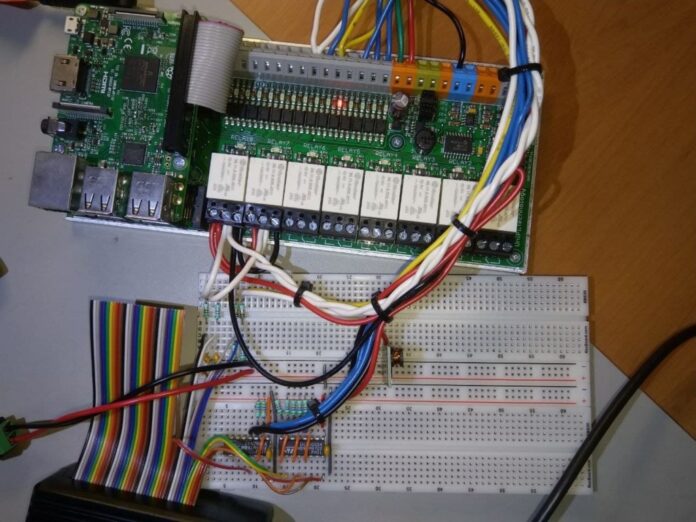Source: Eastern Institute of Technology – Tairāwhiti
7 mins ago
Writing code from home to control a 40cm toy gate sitting on their lecture’s desktop at his house and monitoring their work via a camera was how EIT’s second year Bachelor of Computer Science students spent lockdown.
EIT Computing Lecturer Graham Ward had prior to lockdown been teaching his students in an automation class how to write software to automate a gate in their classroom on EIT’s Hawke’s Bay Campus. They were using programmable logic controllers (PLC) to make a gate operate effectively.
When COVID-19 Alert Level 4 was announced, sending everyone home, the students lost access to the classroom, the hardware and the network.
Unable to continue with the work Graham and his counterpart on the Tairāwhiti campus, Steve Main, came up with an alternative for their classes of 16 and 19 students respectively. What resulted has added a new level of learning for their students.
The lecturers set up their home networks so that students could have direct access to the mock hardware setup. A camera was attached so they could see the gate in operation. The students were able to test their code in real-time, with the lecturers monitoring progress and providing real-time support.
“At the start of lockdown I brought some PLCs home with me, and I wired the one up to the gate. Normally the students would wire up switches for the gate in front of them in the classroom, but I have the hardware with me, and they didn’t have access to it.
“We came up with a second order of electronics – a (credit card size) single board computer known as a Rasberry Pi – which the students used, via the internet, to control the gate.”
Graham made his gate, which is 400mm long and about 150mm high, out of the construction kit Fishertechnik, while Steve used Lego for his.
“I’m always pushing the envelope a little bit with the students and I’m just trying to prod them into engaging more. Coming from industry, I know that there’s a global shortage of suitably qualified people in the electrical/electronic industry,” says Graham.
“I’ve spent most of my life working around the world in power electronics and I have seen some incredible places and been involved in some amazing projects that have definitely enriched my life. I want my students to have those opportunities.”



